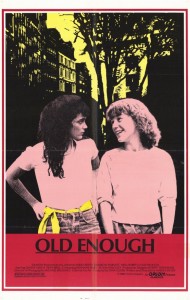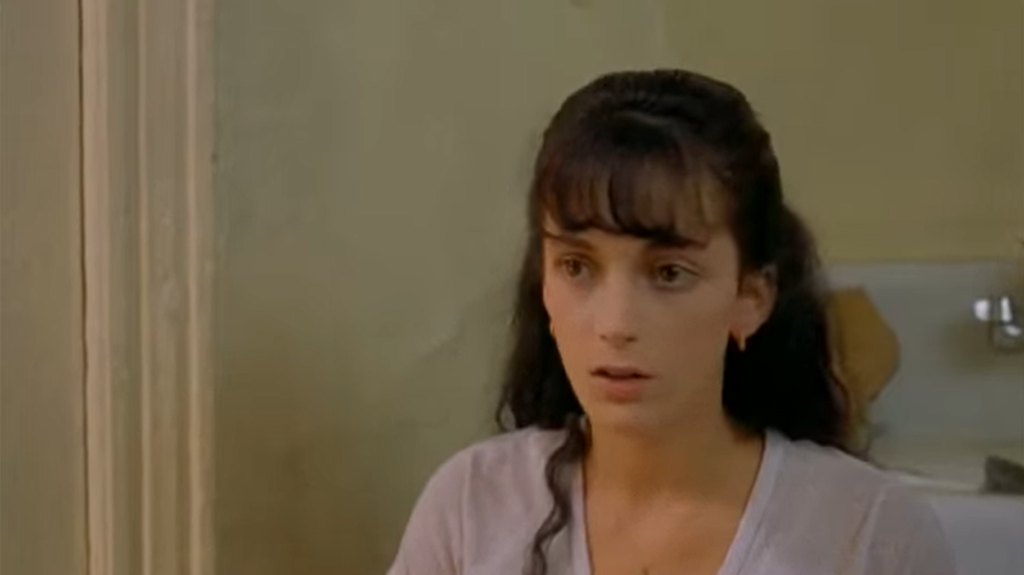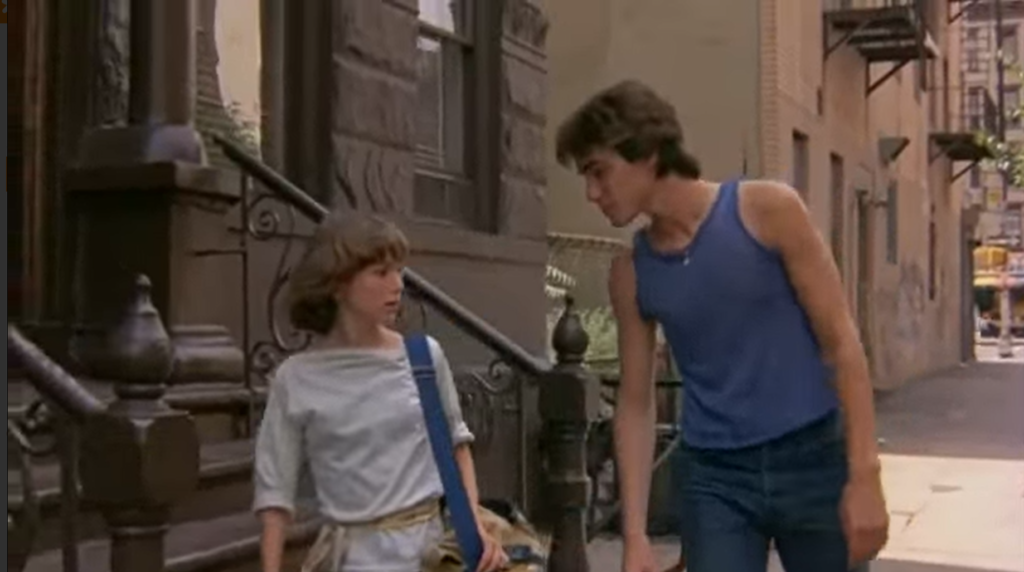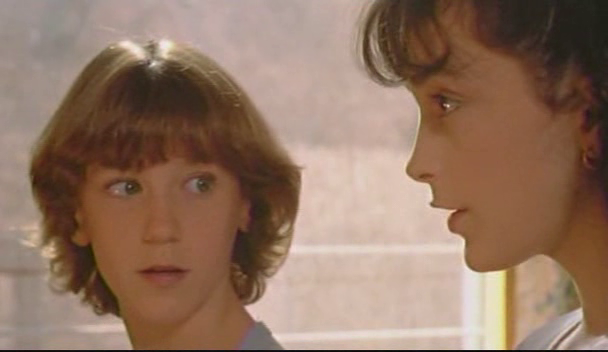Old Enough (1984)
“If God made me perfect, I might as well show it — you know what I mean?”
|
Synopsis: |
|
Genres, Themes, Actors, and Directors:
Review: — is nicely cast as the lower-class girl Boyd is smitten with, though her performance eventually becomes a tad too predictably sullen; much less successful is Neill Barry in a key supporting role as Harvest’s rugged older brother, whose actions and attitudes throughout feel scripted rather than authentic. Meanwhile, Silver’s rambling script is better at establishing a mood than providing an interesting storyline for the characters. We’re eventually drawn into a subplot involving Harvest’s father (Danny Aiello) and the sexy new tenant (Roxanne Hart) he may or may not be having an affair with, but this simply feels like a distraction from the central tale of Boyd and Harvest’s evolving friendship, which never quite resolves in a satisfying fashion. Redeeming Qualities and Moments: Must See? Links: |




One thought on “Old Enough (1984)”
First viewing. …Meh.
Anyone familiar with ‘The World of Henry Orient’ (or even ‘The Trouble with Angels’) might, at the beginning of this film, start sensing something similar happening here: two young girls from different social classes form an unlikely bond.
However, those other two films are interesting and entertaining. But ‘Old Enough’ isn’t. ‘World’ and ‘Trouble’ are also character studies of their girls…and they also have more along the lines of a plot.
‘Old Enough’ just has character study, and it’s not enough. As well, in both ‘World’ and ‘Trouble’, the young female pairings bloom into quick and easy friendships and they abandon their social class differences. In ‘OE’, the two girls, strangely, are each made constantly aware of exactly where they came from, which often puts them in competition with each other, so they quarrel a lot.
After each conflict, they act like nothing difficult ever happened. I’m not saying that’s unrealistic – it could play out that way. But it’s not much fun to watch. It becomes repetitive and tedious. …And it causes the unsatisfying conclusion to not make a whole lot of sense.
One very nice scene (nicely played): Near the end of the film, Boyd has a touching sequence with her mother (Susan Kingsley, who gives a believable performance throughout). It’s a surprisingly quiet scene which wisely follows the ‘less is more’ principle of drama.
NOTE: Twice, an innocent action on the part of Boyd is wrongly interpreted by Harvest as being “queer” behavior and Harvest finds such a possibility very disturbing.